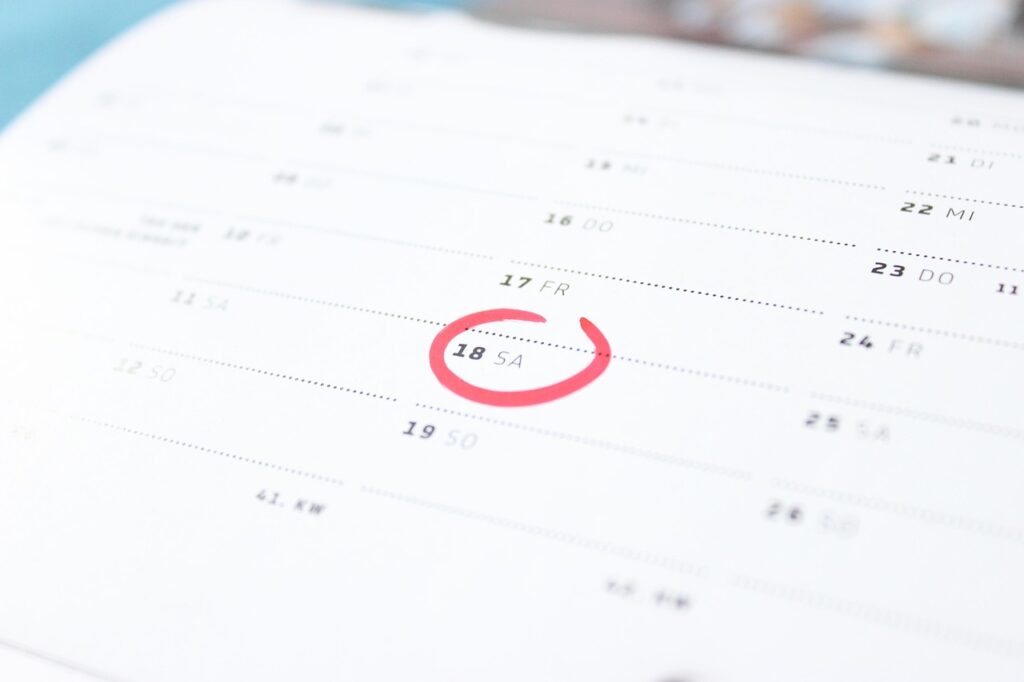In the preparedness world, it can be easy to fall victim to analysis paralysis. This is when we fear making the wrong decision so much that we sort of freeze up. We’re afraid that we’re going to overlook a better solution, or that the option we’re leaning toward is simply incorrect. As a result, we don’t do anything at all.
This can happen when we’re researching a big purchase, like a generator or a home freeze dryer. It can also occur when we’re trying to make plans for how we’ll handle various scenarios, such as emergency evacuation.
Analysis Paralysis Symptoms
Here are a few signs to watch for that can indicate you’re falling into that trap.

Endless research – you feel compelled to continue reading reviews and seek out more and more information, even if you’ve been at it for quite some time already.
Difficulty in letting it go – you can’t stop thinking about it, to the point of distraction.

Anxiety – you might feel very anxious. You get sweaty and your heart rate increases. You might feel agitated or maybe even a little short of breath.
Sleep loss – you find yourself staying up until all hours of the night, tossing and turning, and unable to relax.
Analysis Paralysis Solutions
There are several approaches you can take to break out of the paralysis. If the first one you try doesn’t seem to work, move on to another. Over time, you might find certain solutions seem to work for you more often than others. That’s normal, as we’re all wired a little bit differently.
Try flipping a coin. Not so much to let the coin make the decision, but you might find yourself hoping for one result over the other. I know it sounds silly, but this can really work in many situations.
Commit and move on. Sometimes, the best way to tackle it is head-on. Meaning, give yourself permission to just pick an option and live with the decision.
Understand that it’s okay to be wrong. For the vast majority of decisions we make, the world isn’t going to come to a screeching halt if we are mistaken. It might be inconvenient, sure, and maybe it’ll cost us a few bucks to fix the problem. But in the long run, the experience we gain is probably going to be worth it.

Set a deadline for yourself, and stick to it. Give yourself a very specific amount of time to research and mull over the decision. Once that time limit is reached, make your move and commit.
Break the decision down into segments or steps. Sometimes, the problem or decision is just too complex to tackle easily. If we can parse it out a bit and take it a little at a time, that can help alleviate analysis paralysis.
You can also try to depersonalize the issue. What I mean by that is to take yourself out of the equation entirely. Look at it objectively and think about how you might advise someone else to handle it. Imagine if a friend or coworker came to you with the same problem. What would you say to them? Then, follow your own advice.
Analysis paralysis can happen to anyone. It isn’t rare, though some people tend to be more susceptible to it than others. Recognize it when it happens and try different approaches to break free of it.
Read the full article here













